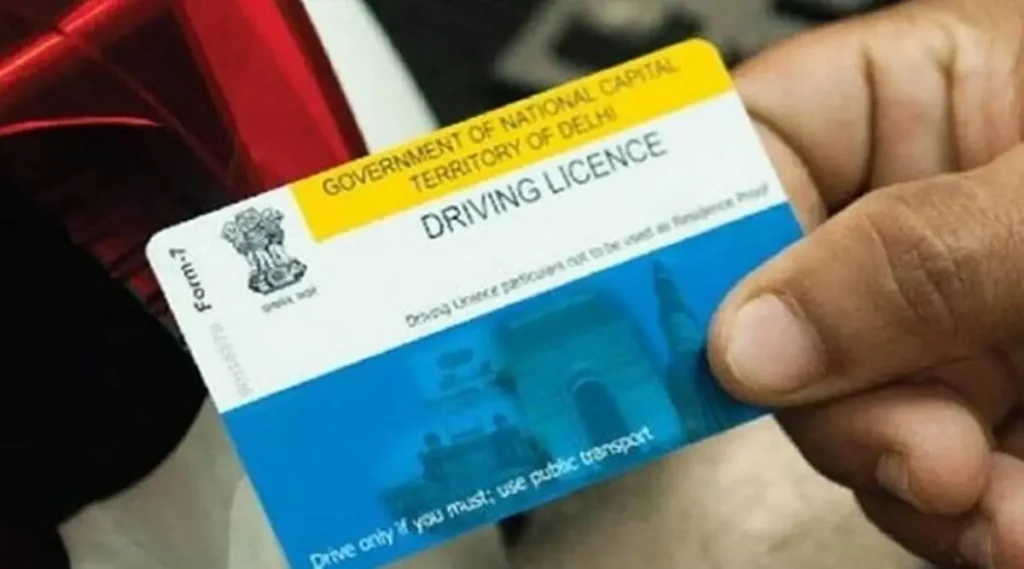International Driving Licenses, If you’re planning to drive abroad, an International Driving Permit (IDP) can be essential for ensuring a smooth and legal driving experience. An IDP is a document that translates your domestic driving license into multiple languages, making it easier for foreign authorities to understand and verify your driving credentials. This blog post will guide you through what an International Driving Permit is, how to obtain one, and important considerations to keep in mind.
What is an International Driving Permit (IDP)?
An International Driving Permit (IDP) is an official document that translates your driving license into several languages, including English, French, Spanish, Russian, Chinese, and others. It serves as a supplement to your domestic driving license, not a replacement, and is recognized in over 150 countries. The IDP helps local authorities interpret your driving credentials when you are driving in a foreign country.
Why Do You Need an IDP?
- Legal Requirements: Many countries require an IDP for visitors planning to drive. It helps ensure that you are complying with local driving laws and regulations.
- Ease of Communication: An IDP translates your driving credentials into multiple languages, making it easier for local law enforcement to understand your qualifications.
- Insurance Purposes: Some rental car companies and insurance providers may require an IDP to cover you while driving abroad.
- Avoid Legal Issues: Having an IDP can help you avoid potential fines or legal issues that may arise from not having the proper documentation.
How to Obtain an International Driving Permit
- Check Eligibility: Ensure that you hold a valid domestic driving license. An IDP is only a translation of your existing license, so you must have a valid license to apply.
- Determine the Required Permit: Different countries may have different requirements for an IDP. Check the specific requirements for the country you will be visiting.
- Apply Through Authorized Organizations: In many countries, IDPs are issued by authorized organizations such as the American Automobile Association (AAA) or the International Automobile Federation (FIA). Visit their website or local office to apply.
- Provide Necessary Documentation: Typically, you will need to provide a valid domestic driving license, a passport-sized photograph, and a completed application form. Some organizations may also require proof of travel plans.
- Pay the Application Fee: There is usually a fee associated with obtaining an IDP. The amount can vary depending on the issuing organization and your location.
- Receive Your IDP: Once your application is processed, you will receive your IDP. It is usually issued on the spot or mailed to you, depending on the issuing organization.
Important Considerations
- Check Validity: An IDP is typically valid for one year from the date of issue. Ensure that your IDP covers the duration of your stay abroad.
- Carry Both Documents: Always carry both your domestic driving license and your IDP when driving abroad. The IDP is not a standalone document and must be presented along with your domestic license.
- Understand Local Laws: Research the driving laws and regulations of the country you will be visiting. Some countries may have specific requirements or restrictions for foreign drivers.
- Rental Car Requirements: If you plan to rent a car abroad, check with the rental agency to confirm that an IDP is required and whether there are any additional requirements.
- Avoid Scams: Obtain your IDP through authorized organizations to avoid scams or fraudulent documents.
Conclusion
An International Driving Permit is a valuable document that facilitates legal and hassle-free driving while traveling abroad. By understanding the purpose of an IDP, following the steps to obtain one, and being aware of important considerations, you can ensure that your international driving experience is smooth and enjoyable. Always check the specific requirements for your destination country and carry both your domestic driving license and IDP to comply with local regulations.
